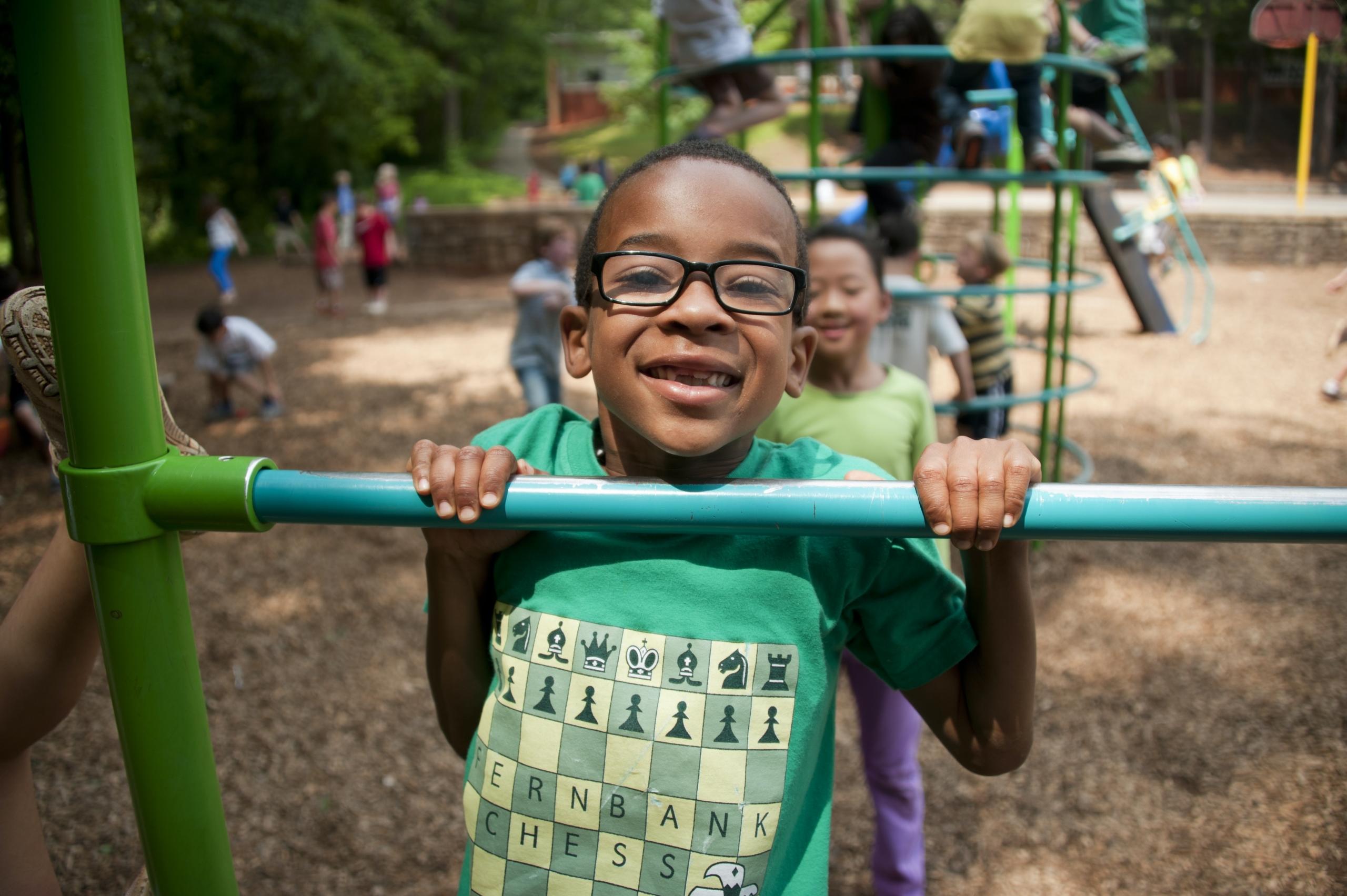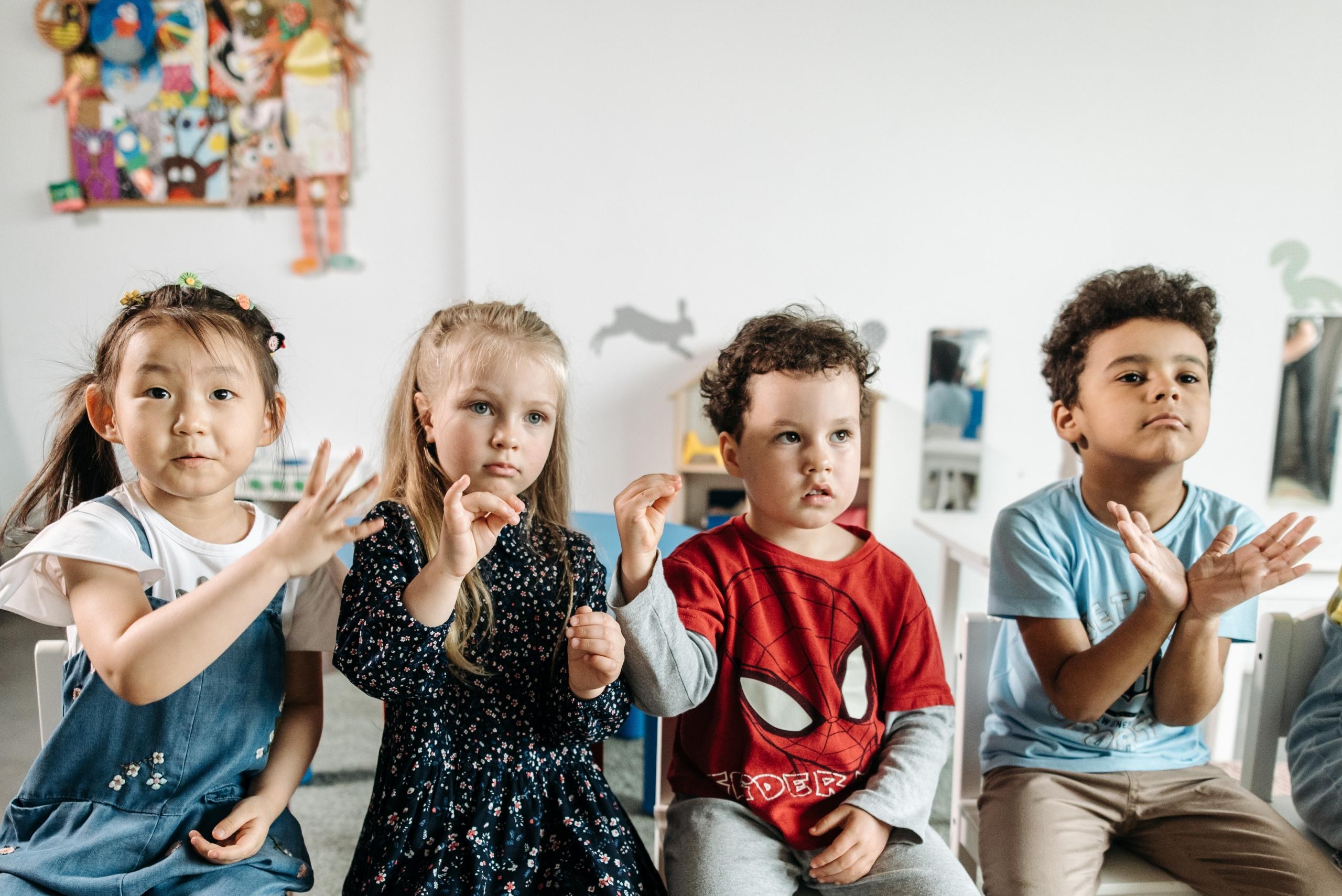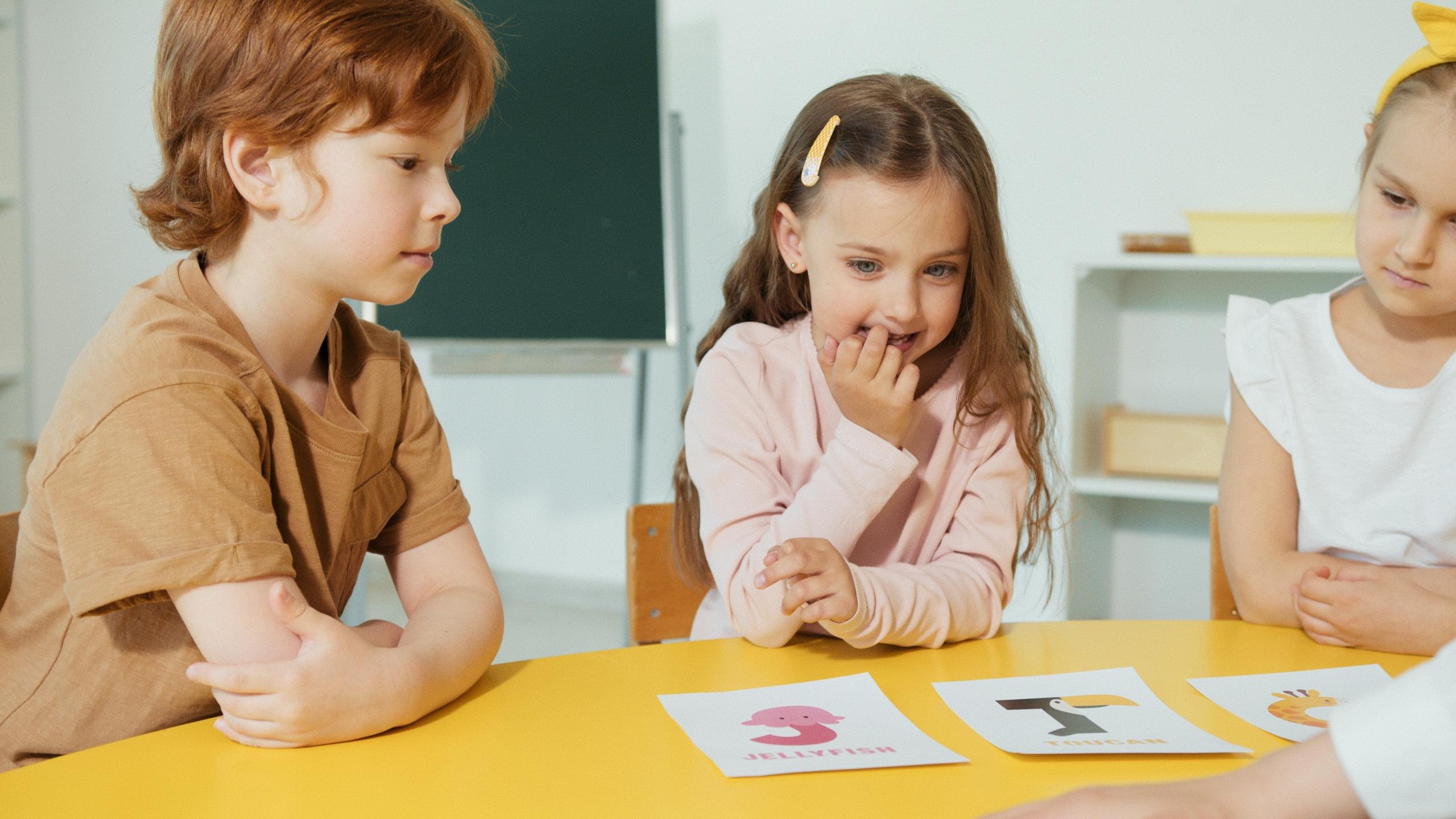Albert Bandura's Social Learning Theory is a groundbreaking theory that emphasises the role of observational learning in shaping human behaviour. Bandura is a renowned psychologist and has made significant contributions to the field of psychology.
He believed that people learn by observing models and then replicating their actions, attitudes, and emotional responses.
This theory has far-reaching implications for understanding human behaviour, personal development, and social interactions.
In this article, we will delve into the key concepts of Bandura's Social Learning Theory and explore its implications in various domains.

The Key Concepts of Bandura's Social Learning Theory
Bandura's Social Learning Theory consists of several key concepts that are central to understanding its principles.
1. Observational Learning
Observational learning, a central concept in Bandura's theory, suggests that individuals acquire new behaviours by observing and imitating others. This learning process involves attention, retention, reproduction, and motivation. Through observation, individuals can learn new skills, attitudes, and behaviours without direct reinforcement.
2. Vicarious Reinforcement
Vicarious reinforcement refers to the process of learning through the observation of others' experiences and their consequences. When individuals observe others being rewarded or punished for certain behaviours, they are more likely to imitate or avoid those behaviours accordingly. This concept highlights the importance of social reinforcement in shaping human behaviour.
3. Self-Efficacy
Self-efficacy is the belief in one's ability to succeed in specific situations or accomplish certain tasks. Bandura argues that self-efficacy plays a significant role in determining individuals' inspiration, behaviour, and overall performance. People with high self-efficacy are more likely to set challenging goals, persevere in the face of obstacles, and achieve success.
The Four Processes of Observational Learning
Empirical learning plays a fundamental role in Bandura's Social Learning Theory. According to Bandura, individuals acquire new behaviours through four essential processes:
- Attention,
- Retention,
- Reproduction, and
- Motivation.

These processes work together to facilitate the acquisition and replication of observed behaviours.
The first process, attention, is crucial as it involves actively focusing on the model's behaviour and its consequences. Attention is influenced by various factors, including the characteristics of the model, the observer's personal interests, and the situational context. For example, a child may pay more attention to a teacher's demonstration if they perceive the teacher as competent and engaging.
The second process, retention, involves remembering the observed behaviour so that it can be reproduced later. Retention relies on cognitive processes such as encoding, storage, and retrieval. Factors that enhance retention include rehearsal, practice, and the use of mnemonic devices.
Reproduction, the third process, refers to translating the remembered behaviour into action. This process relies on the observer's physical and cognitive abilities. For example, a child may imitate a peer's dance moves by replicating the observed movements.
Motivation, the final process, plays a crucial role in determining whether an observer will imitate a behaviour. Motivation can be intrinsic, stemming from the individual's internal drives and desires, or extrinsic, influenced by external rewards or punishments. The perceived consequences associated with the observed behaviour heavily influence the observer's inspiration to replicate it.
Bandura also identified several factors that can influence the effectiveness of observational learning. These include the characteristics of the model (such as competence, similarity to the observer, and perceived status), the observer's cognitive and physical abilities, and the consequences associated with the behaviour being observed. The more positive the consequences, the more likely it is that the observer will imitate the behaviour. Conversely, if the consequences are negative or if the observer perceives a high risk associated with the behaviour, they are less likely to replicate it.

Social Learning Styles and Their Impact on Behaviour
Bandura's Social Learning Theory recognises that individuals have different learning styles that can influence how they acquire and process information.
These learning styles are influenced by various factors, including cultural background, personality traits, and past experiences. Bandura proposed that there are two primary social learning styles: the enactive mode and the observational mode.
The enactive mode of learning involves direct personal experiences, where individuals learn through trial and error or through the consequences of their own actions. On the other hand, the observational mode of learning occurs when individuals acquire new behaviours by observing others' actions and the consequences that follow. This mode of learning is particularly relevant in situations where direct personal experiences are limited or risky.
Understanding an individual's social learning style can provide valuable insights into their behaviour and learning preferences. By recognising whether an individual is more inclined towards the enactive or observational mode, educators and therapists can tailor their teaching strategies and interventions accordingly.
Examples Of Bandura's Social Learning Theory In Practice
Bandura's Social Learning Theory has been widely applied in various domains, including education, therapy, and media. Let's explore some examples that illustrate the practical implications of this theory.
In the field of education, Bandura's theory highlights the importance of providing positive role models and creating an environment that promotes observational learning. Teachers can use modelling techniques to demonstrate desired behaviours and provide students with opportunities to observe and imitate these behaviours. For example, a teacher may use peer modelling to encourage students to engage in cooperative learning activities.

In therapy, Bandura's theory has been utilised to develop interventions that target behaviour change through observational learning. For instance, therapists may use video modelling techniques to help individuals overcome phobias or develop social skills. By observing others successfully navigating challenging situations, individuals can gain confidence and learn effective coping strategies.
In the realm of media, Bandura's theory sheds light on the potential influence of media models on individuals' behaviours and attitudes. Advertisements, movies, and social media platforms often depict idealised models whose behaviour and appearance can shape viewers' perceptions and aspirations. Understanding the power of observational learning can help media producers create more responsible and ethical content.
The Application of Bandura's Social Learning Theory
1. Education
Bandura's social learning theory has significant implications for education. Teachers can apply this theory by incorporating observational learning into their teaching methods. By providing real-life examples and role models, educators can enhance students' learning experiences and promote the acquisition of new knowledge and skills.
2. Psychology and Therapy
Bandura's social learning theory has contributed to the field of psychology and therapy. Therapists can use observational learning to help individuals overcome phobias, anxiety, and other behavioural issues. By observing others successfully coping with similar challenges, individuals can learn effective strategies and develop the confidence to face their own difficulties.
3. Business and Leadership
Bandura's social learning theory is also applicable in the business and leadership domains. By providing employees with positive role models and opportunities for observational learning, organisations can enhance employee performance, foster a positive work environment, and promote leadership development.
Comparisons Between Bandura's Theory and Other Learning Theories
Bandura's Social Learning Theory is often compared to other learning theories, such as behaviourism and cognitive learning theory.
While behaviourism focuses on the relationship between stimuli and responses, Bandura's theory emphasises the role of cognitive processes and observational learning. Unlike behaviourism, which suggests that learning is primarily driven by external reinforcements, Bandura's theory recognises the importance of internal motivations and cognitive factors in shaping behaviour.
Cognitive learning theory, on the other hand, places greater emphasis on the role of internal cognitive processes in learning. While both cognitive learning theory and Bandura's theory recognise the importance of cognition, Bandura's theory specifically highlights the role of observational learning and the influence of models in shaping behaviour.
Bandura's Social Learning Theory complements and extends these other learning theories by integrating cognitive processes, observation, and the bidirectional relationship between behaviour and the environment.
Bandura's Social Learning Theory provides a valuable framework for understanding how individuals learn and modify their behaviour through observation and imitation. By recognising the key concepts and processes of this theory, we gain insights into the power of observational learning and its impact on various aspects of human life.
From education to therapy, from media influence to behaviour change, Bandura's theory has practical applications in multiple domains. It reminds us that learning is not limited to direct personal experiences but also occurs through observing and imitating others. By understanding the role of observational learning, we can harness its power to facilitate positive behaviour change and promote personal growth.















